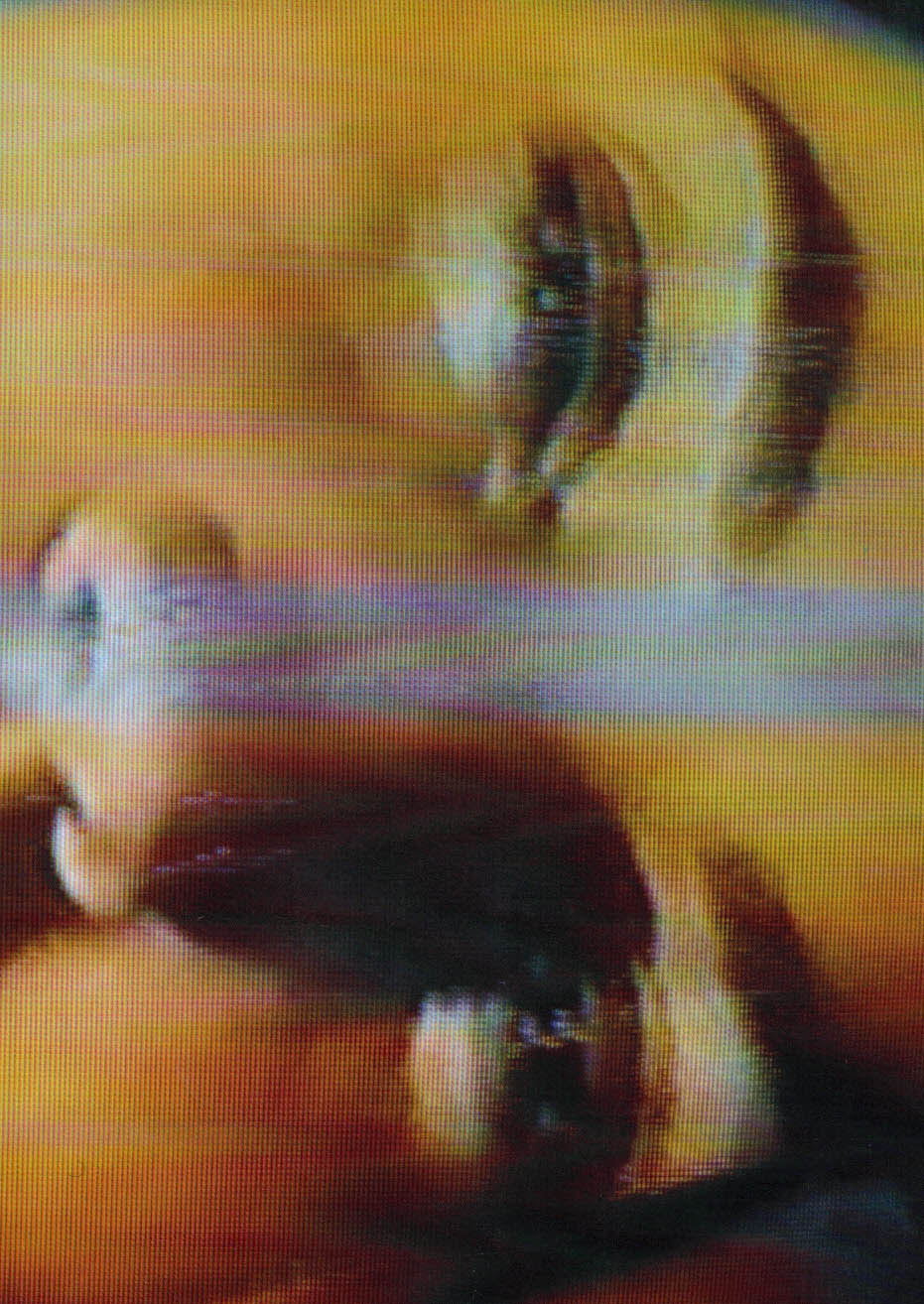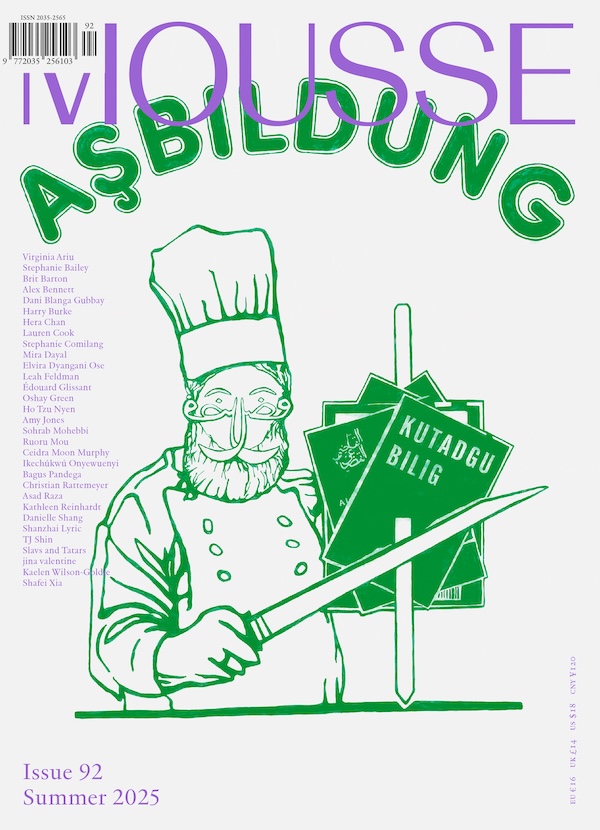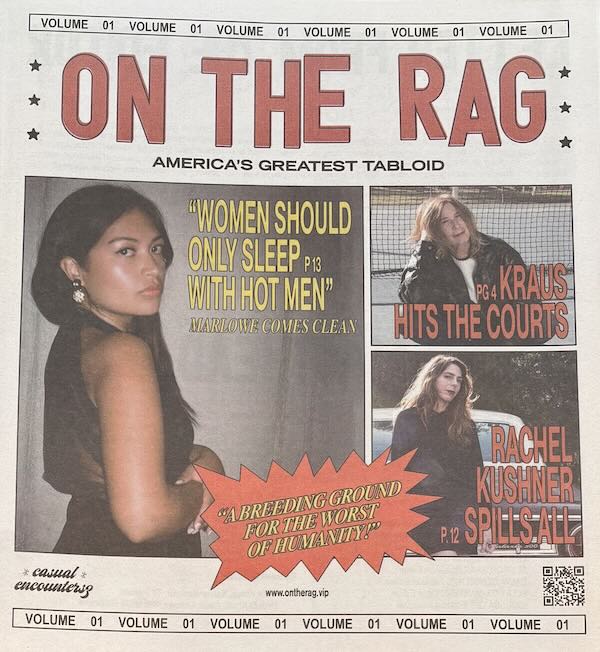Artistes typographes (Artists as typographers) is a visual corpus that brings together one hundred and thirty-two artists' books collected and reproduced as part of an artistic residency conducted at the Centre des livres d'artistes (Saint-Yrieix-la-Perche). This compilation of images demonstrate the interest of some figures of the art field for the substances of the book object. They show singular compositions and other typographic details: handwritten letters, character designs, stamps, logotypes.
Featuring Jean-Michel Alberola, John Baldessari, Christian Boltanski, Jean-François Bory, Broutin, Pol Bury, Philippe Cazal, Ulises Carrión, Henri Chopin, Claude Closky, Joëlle de la Casinière, herman de vries, Hamish Fulton, Jochen Gerz, Raoul Hausmann, Simone Forti, Paul-Armand Gette, Dick Higgins, Isidore Isou, Joseph Kosuth, Edmund Kuppel, La Monte Young, Pascal Le Coq, Jean Le Gac, Lefevre Jean Claude, Claude Lévêque, Mario Merz, Annette Messager, Jean-Claude Moineau, Matt Mullican, Maurizio Nannucci, Clemente Padín, Dieter Roth, Claude Rutault, Seth Siegelaub, Roman Signer, Harald Szeemann, Ernest T., Ben Vautier, Bernard Villers, Wolf Vostell, Martha Wilson...








